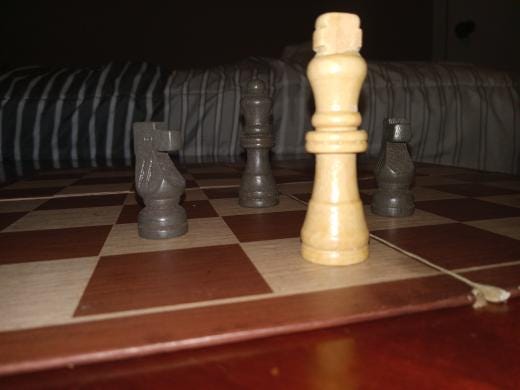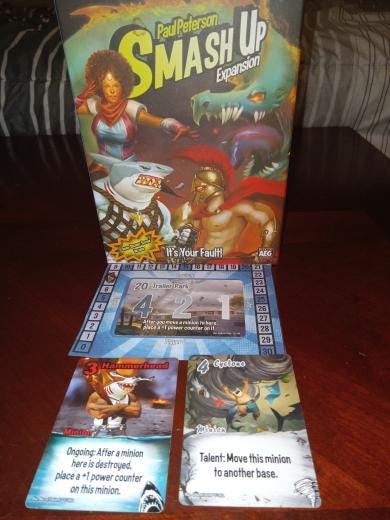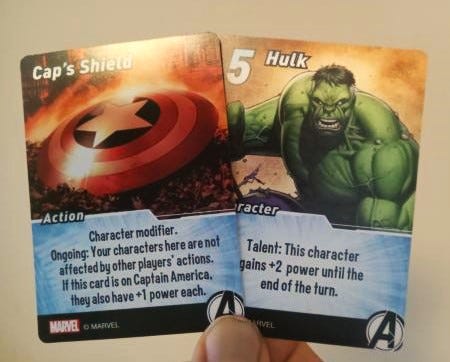PTSD of Past Gaming: Move on from Monopoly
The Good Game Theory
A debilitating barrier hindering growth of the boardgame community is the post-traumatic stress associated with devastating losses at bad games. It’s rare to meet a person that didn’t play boardgames as a child. Now it is rare to find someone that consistently enjoys playing as an adult. What happened in the gap? Eventually, the inevitable ‘don’t pass GO, don’t collect $200’ scenario will occur to everybody, either literally like in Monopoly or in another form like a crushing checkmate in chess from a clearly superior player. Most people have enough self-control to not flip the entire table over in these moments, but the motivation to play again in many cases is lost.
New games have been designed with modern mechanisms to correct deficiencies in the games we grew up with. Player catch-up devices exist in most games. So, when you fall behind, you can still keep heart that you will recover enough to at least make the finish interesting. There are scales between skill & luck to have both strategic approaches to playing & the thrill of chance that comes from pushing your luck. There is also enough control in these games to choose the moments when to take the chance & when to play it safe. Variable set-up is another mechanism in many games now that change up the start. Variety is the spice of life. This is another way to add a little flavor to games. This takes away advantage of memorizing the common possible starting situations, like chess lines.
I must admit a conditioned avoidance response to Magic: The Gathering. As a self-proclaimed game aficionado, I should have some proficiency in 1 of the most popular games of modern times. Yet, I don’t. I’ve overlooked friends playing, doing battle, all the while being completely confused about the rules or strategy. Magic the Gathering is a deck building game with the goal of slaughtering your opponent’s army of monsters with the monsters in your deck. I think.
I’ve been offered prebuilt decks to play with by friends. I’ve taken up that offer only once just to be annihilated. There must be a balance of cards for optimal play, requiring enough mana cards to play higher power monsters. Some of the higher power monster cards are worth $ values in the thousands. This element of the game is what begins to keep me from playing. These high value cards can be found randomly in $5-$10 booster packs or $50 starter decks, but avid players seek them out in shops to reinforce their decks. My avoidance of this game mostly comes down to me not wanting to get slaughtered for years, with too much $ in the hole, before getting any good.
My response to Magic: The Gathering gives me some insight to the reaction I get when I propose a chess game. The $ investment isn’t the same, but it would require years of studying to compete with me considering I am using trained moves like discovered attacks, forks, & trapping pieces. If my opponent has merely learned how the pieces move, barely or not knowing at all how to King-side castle, the game is pretty much over before it has begun. This isn’t competitive or fun & doesn’t possess the qualities of a good game. To remedy this, I favor games that are quicker to learn with tighter skill gaps.
Despite my avoidance of Magic: The Gathering, I’ve learned to incorporate Deck Building games into my repertoire. A favorite of mine is Smash Up by AEG, where you shuffle 2 factions of different themes together like Robots & Aliens or Dinosaurs & Ninjas, then do battle over bases to earn 15 victory points to win. In this game the factions are near balanced in power with rock, paper, scissors style superiority. Although, after you play for a while, you will discover where the overpowered outliers are. It takes some time to learn what factions synergize together, what cards are most important in each deck to look for as you play, & what cards you need to be aware of that you are playing against. These are elements of a good game.
All games don’t need instant mastery. A learning curve helps maintain interest as you progress in skill. I do prefer a short period to proficiency & this is a game that can be picked up about half-way though playing your 1st game. Some of the decks are even built requiring less skill to play to offer to new players like Robots & Zombies This can lower resistance to trying something new because nobody wants to be lured into a game just to be attacked like fresh meat. There are enough faction expansions to this game to find a pairing that appeals to every players’ interests. I mean they have a Hulk!
Good games are meant to be fun for all. Maintaining awareness about elements that keep people from playing can help bring people to the table. We all have past experiences that we don’t want to relive, but this shouldn’t keep us from a dopefully hopeful future.




